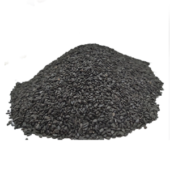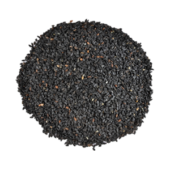
Edible Oils and Their Benefits
As far as edible oils are concerned there are dozens of options out there. However, there are some that just happen to be more prominent than the other ones. All these oils can be used for the purpose of cooking and in some cases they can be used as bio-fuel too. They may be mentioned as below:
• coconut oil
• rapeseed/canola oil
• corn oil
• safflower oil
• cottonseed oil
• sesame oil
• olive oil
• soybean oil
• palm oil
• sunflower oil
• peanut oil
What are the different kinds of edible oils?
Edible oils can be categorized into three main categories – saturated, polyunsaturated, and monounsaturated oils. It is rather easy to differentiate between these groups. Saturated oils are ones that remain solid at room temperature. The biggest examples of such oils are margarine. The monounsaturated oils are liquid in room temperature but they start to solidify when placed in the fridge. The biggest examples of such oils are peanut oil and olive oil. The polyunsaturated oils on the other hand remain liquid even when they are chilled. The biggest examples of such oils are canola, walnut, and sunflower oils.
How healthy are these oils?
Saturated oils are regarded as being supposedly unhealthy and this is because they can increase the levels of cholesterol in your body and lead to heart diseases as well. This is the reason why the monounsaturated and polyunsaturated oils are regarded as better choices when it comes to your health. Apart from this there are also a few other things that you need to know about these oils. Olive oil has a high amount of antioxidants that can keep your heart healthy. Walnut oil has Omega 3 fatty acids. This can bring down your cholesterol levels. Grapeseed oil has high levels of Vitamin C.





